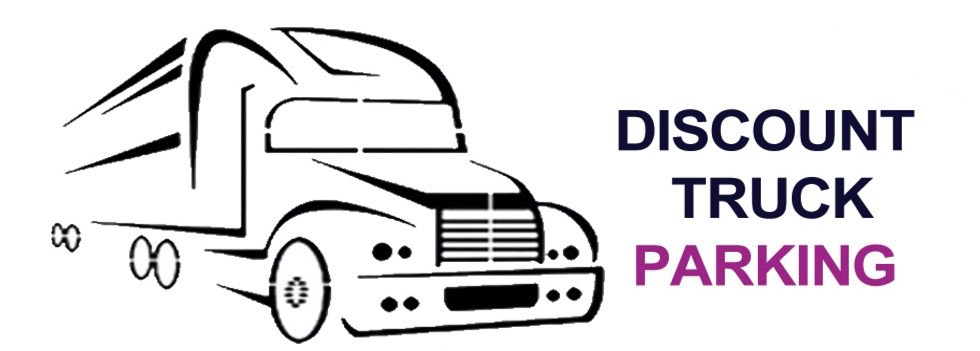The Impact of Secure Overnight Truck Parking on Drivers
In the trucking industry, the quest for secure overnight parking is a critical issue impacting drivers’ well-being, safety, and overall job satisfaction. The lack of safe and reliable parking options has far-reaching consequences for truck drivers, the trucking industry, and public safety. In this blog, we’ll explore the profound impact secure overnight truck parking has on drivers and why it is a necessity that demands attention.
The Challenge of Finding Secure Parking
Finding a secure place to park a truck overnight is a persistent challenge for many drivers. According to the American Transportation Research Institute (ATRI), truck drivers often spend an average of 30 minutes to over an hour searching for a parking spot. This search is not only time-consuming but also adds stress to drivers who are already under tight schedules and regulatory constraints.
Safety Concerns
One of the most significant impacts of inadequate truck parking is safety. Drivers forced to park in unauthorized or unsafe locations face increased risks of theft, vandalism, and personal harm. Secure parking lots with proper lighting, fencing, and surveillance can significantly reduce these risks, providing drivers with peace of mind as they rest.
Compliance with Hours of Service Regulations
The Federal Motor Carrier Safety Administration (FMCSA) enforces Hours of Service (HOS) regulations to prevent driver fatigue and ensure road safety. When drivers struggle to find parking, they may be compelled to drive beyond their allowed hours or park in unsafe locations, risking violations and fines. Secure parking facilities help drivers comply with HOS regulations by offering reliable and accessible rest areas.
Impact on Health and Well-being
The lack of secure parking options can also negatively impact drivers’ health and well-being. The stress of finding a safe place to park, combined with irregular rest periods, can lead to fatigue, poor sleep quality, and increased stress levels. Over time, these factors contribute to chronic health issues such as obesity, heart disease, and mental health problems.
Economic Implications
From an economic perspective, the time spent searching for parking translates to lost productivity and increased operational costs for trucking companies. Additionally, the risk of cargo theft or damage in unsecured areas can result in significant financial losses. Investing in secure truck parking infrastructure can improve efficiency and reduce these economic burdens.
Benefits of Secure Truck Parking Facilities
1. Enhanced Safety: Secure parking facilities with proper security measures protect drivers and their cargo from theft and vandalism.
2. Compliance and Convenience: These facilities help drivers adhere to HOS regulations by providing accessible and reliable parking options.
3. Improved Health and Well-being: Reducing the stress of finding parking allows drivers to rest better, leading to improved physical and mental health.
4. Increased Productivity: With less time spent searching for parking, drivers can focus on their routes and deliveries, improving overall productivity.
5. Economic Savings: Secure parking reduces the risk of cargo theft and damage, saving trucking companies from potential financial losses.
Conclusion
Secure overnight truck parking is not just a convenience; it is a critical component of the trucking industry’s infrastructure that directly impacts drivers’ safety, compliance, health, and productivity. Addressing the need for secure parking facilities requires collaboration between industry stakeholders, policymakers, and communities to ensure that drivers have access to the resources they need to perform their essential roles safely and efficiently.
As the demand for trucking services continues to grow, so does the need for secure overnight parking. By prioritizing this issue, we can create a safer, healthier, and more productive environment for truck drivers, ultimately benefiting the entire supply chain and the economy at large.


